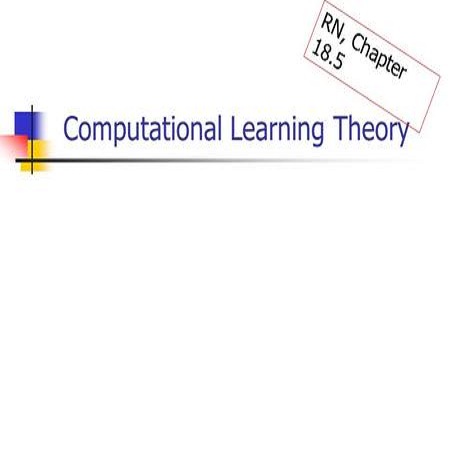Recent research increasingly brings to question the appropriateness of using predictive tools in complex, real-world tasks. While a growing body of work has explored ways to improve value alignment in these tools, comparatively less work has centered concerns around the fundamental justifiability of using these tools. This work seeks to center validity considerations in deliberations around whether and how to build data-driven algorithms in high-stakes domains. Toward this end, we translate key concepts from validity theory to predictive algorithms. We apply the lens of validity to re-examine common challenges in problem formulation and data issues that jeopardize the justifiability of using predictive algorithms and connect these challenges to the social science discourse around validity. Our interdisciplinary exposition clarifies how these concepts apply to algorithmic decision making contexts. We demonstrate how these validity considerations could distill into a series of high-level questions intended to promote and document reflections on the legitimacy of the predictive task and the suitability of the data.
翻译:最近的研究日益使人们质疑在复杂、现实世界的任务中使用预测工具是否合适。虽然越来越多的工作探索了如何改善这些工具的价值一致性,但相对较少的工作却围绕着使用这些工具的基本合理性而引起关注。这项工作力求在讨论是否和如何在高取量领域建立数据驱动算法时集中考虑有效性问题。为此,我们将关键概念从有效性理论转变为预测算法。我们用有效性的镜子来重新审视问题拟订和数据问题的共同挑战,这些问题危及使用预测算法的可合理性,并将这些挑战与关于有效性的社会科学讨论联系起来。我们跨学科的解说澄清这些概念如何适用于算法决策背景。我们展示这些有效性考虑如何被归纳成一系列高级别问题,以促进和记录关于预测任务的合法性和数据是否适合性的思考。





